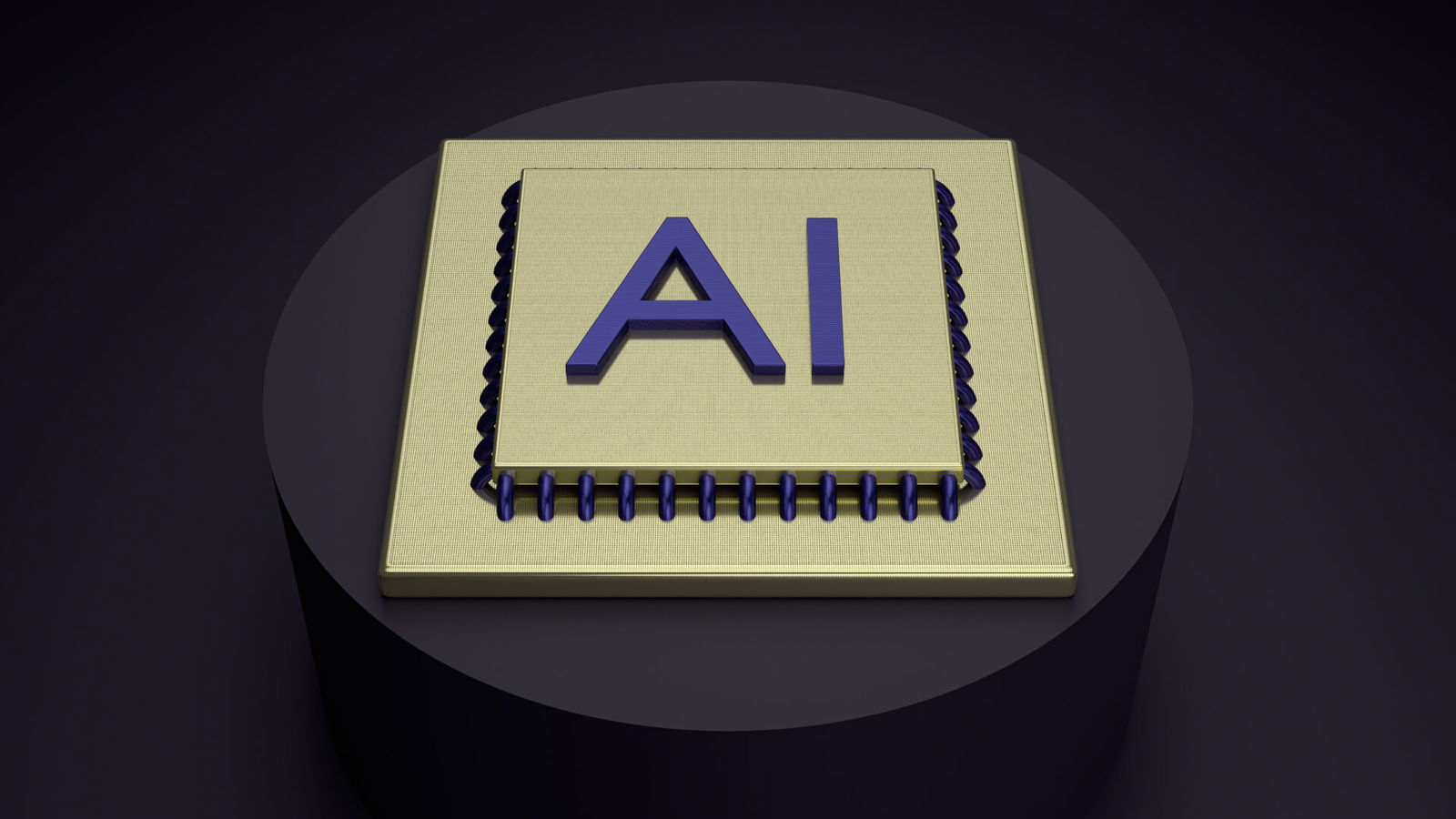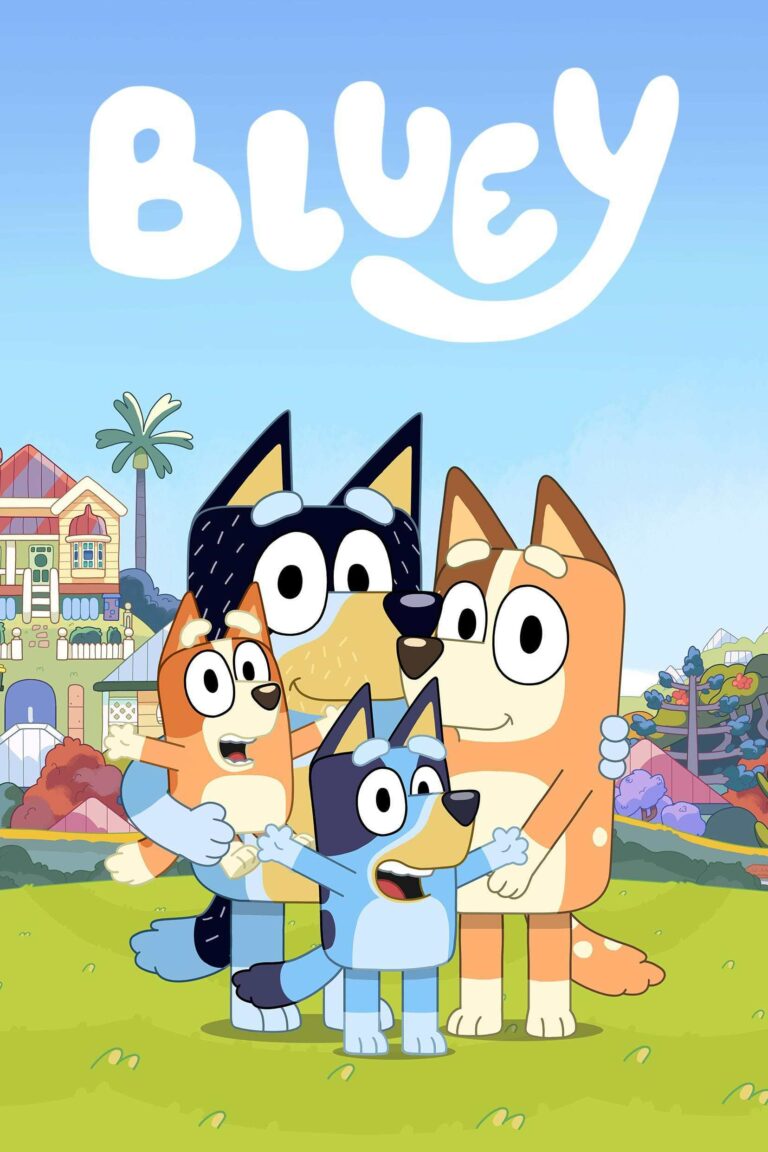
Why Parents Need To Be ‘Knowledgeable,’ ‘Careful’ About AI Technology
By Movieguide® Contributor
As AI technology becomes more prevalent, many parents are worried about what that might mean for their kids.
“Most of the worldviews of these [AI] organizations are antithetical to the majority of Americans,” Movieguide® CEO Robby Baehr said during an episode of “The Familyguide Podcast.” “They’ve trained these [programs] on junk.”
Baehr pointed out that because these AI programs are fed content from all corners of the internet, they frequently generate “horrible things” for people using the new tech.
For worried parents, Baehr recommended caution and awareness.
“I think it is important for a parent just to be careful,” he said. “To understand, to be aware and to be knowledgeable about it.”
Many parents are looking for ways to help their children navigate the growing world of technology.
A post from The Conversation encouraged parents to be critical of AI content and teach their kids to be as well.
“Generative AI cannot evaluate the credibility of sources, nor can it always find authoritative information to back up claims. The generative AI software is also trained on data from a specific time so recent events may not be included,” they wrote. “So children need to learn that although it looks similar to other writing, such as in a book or article, the text has been pieced together by computer code. This means every word, sentence and claim should be treated with skepticism. You can use this as an opportunity to help your children develop critical thinking skills.”
Helen Crompton, a professor at Old Dominion University who specializes in digital innovation in education, told MIT’s Technology Review that kids also need to be reminded of the dangers of oversharing online.
“We need to remind children not to give systems like ChatGPT sensitive personal information because it’s all going into a large database,” she explained, adding that this information cannot easily be removed once it’s out there and could be used by hackers.
Victor Lee, an associate professor at Stanford Graduate School of Education, spoke of kids’ own responsibilities, too.
“We have conversations with kids about responsible online behavior, both for their own safety and also to not harass, or doxx, or catfish anyone else, but we should also remind them of their own responsibilities,” he said, reminding parents to talk to their children about the consequences of using AI technology.
Movieguide® previously reported on the dangers of AI technology:
AI is making it easier for child predators to threaten and abuse children while simultaneously making it harder for law enforcement to identify bad actors.
“The use of AI for child sexual abuse will make it harder for us to identify real children who need protecting and further normalize abuse,” Britain’s National Crime Agency (NCA) Director General Graeme Biggar said in a recent speech. “And that matters because we assess that the viewing of these images—whether real or AI-generated—materially increases the risk of offenders moving on the sexually abusing children themselves.”
“There is also no doubt that our work is being made harder as major technology companies develop their services, including rolling out end-to-end encryption, in a way that they know will make it more difficult for law enforcement to detect and investigate crime and protect children,” he continued.



 - Content:
- Content: 

